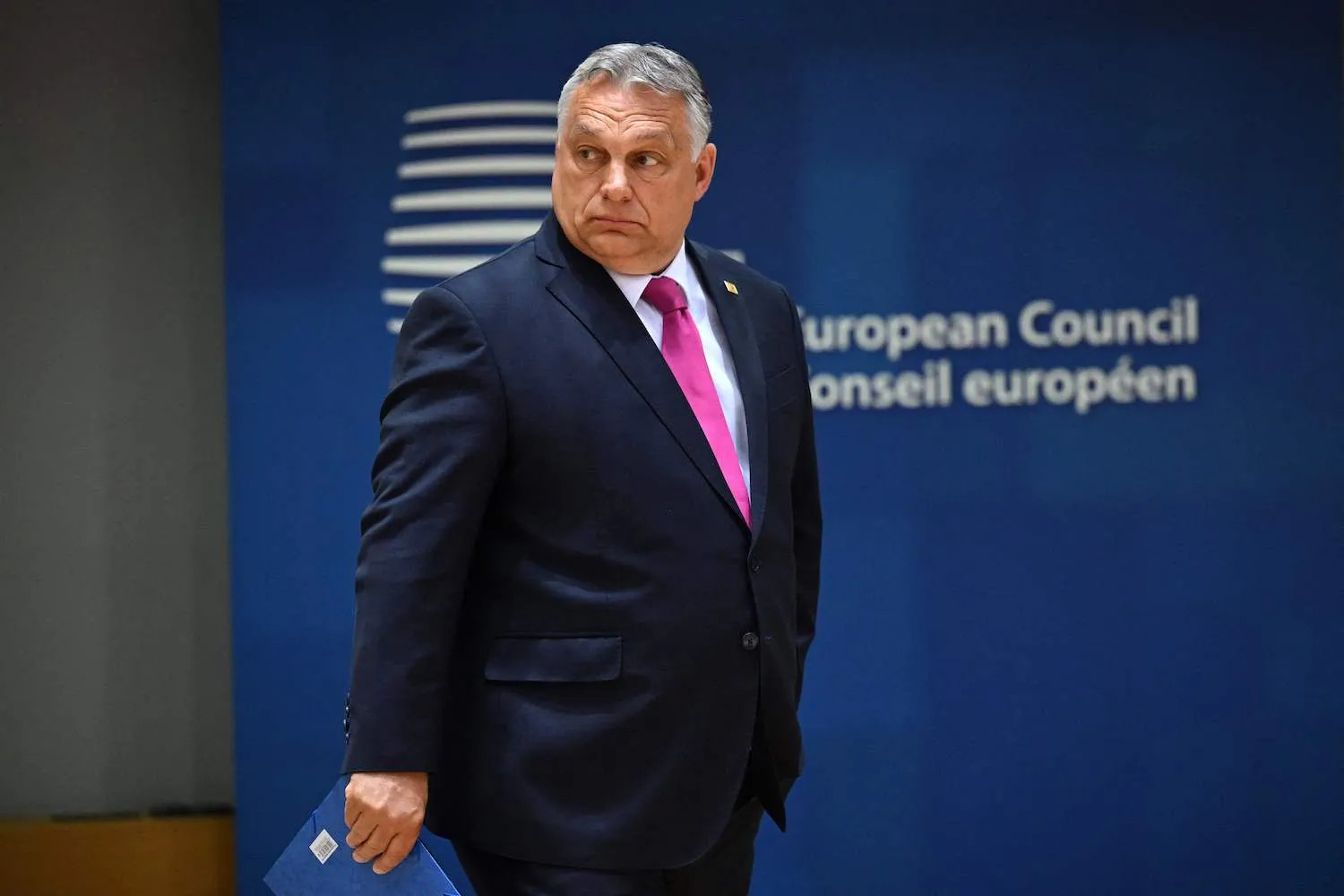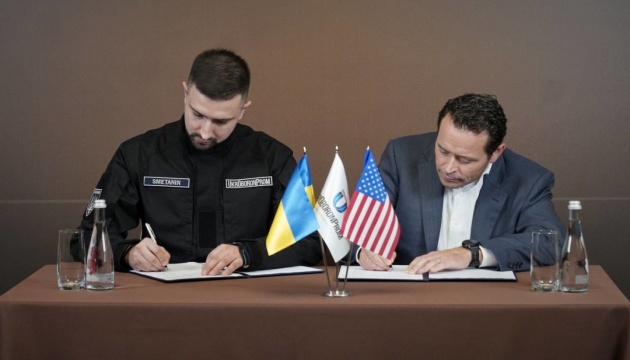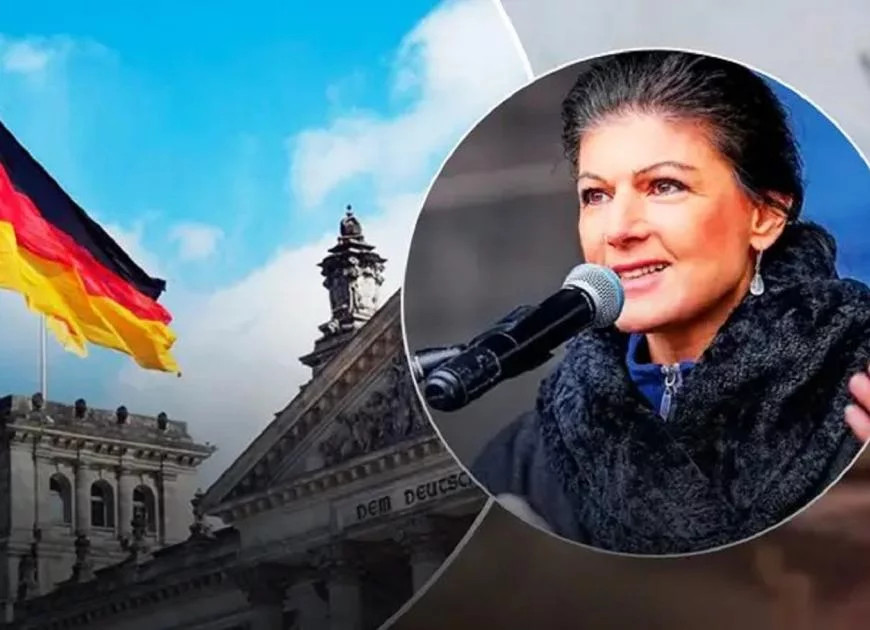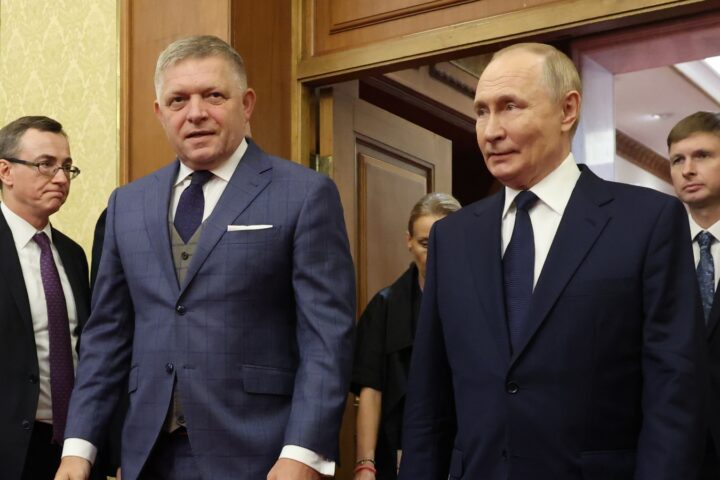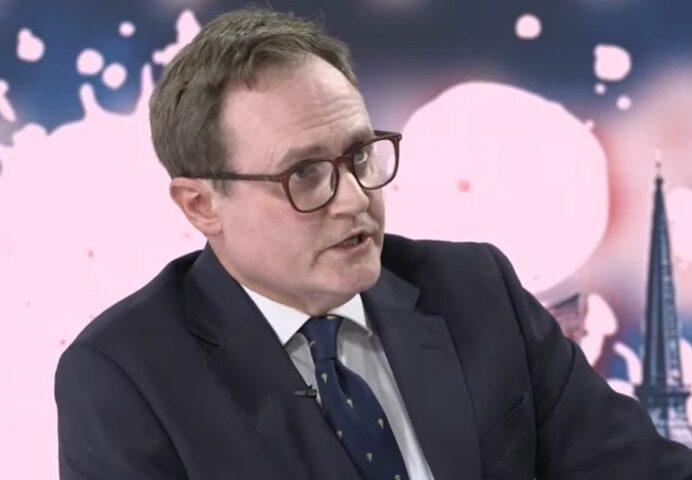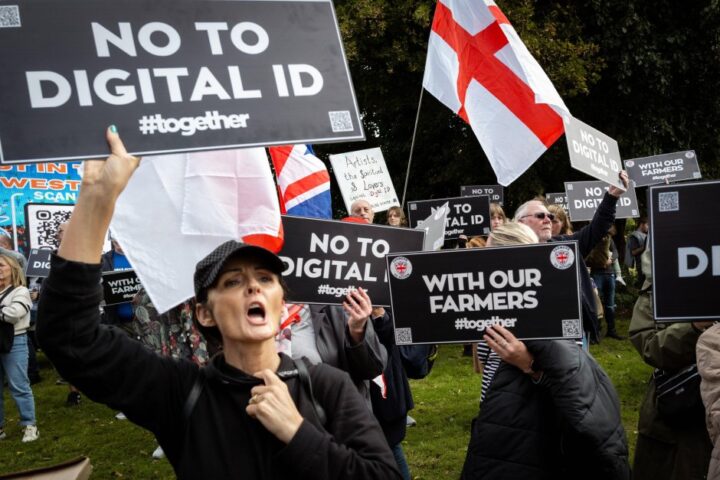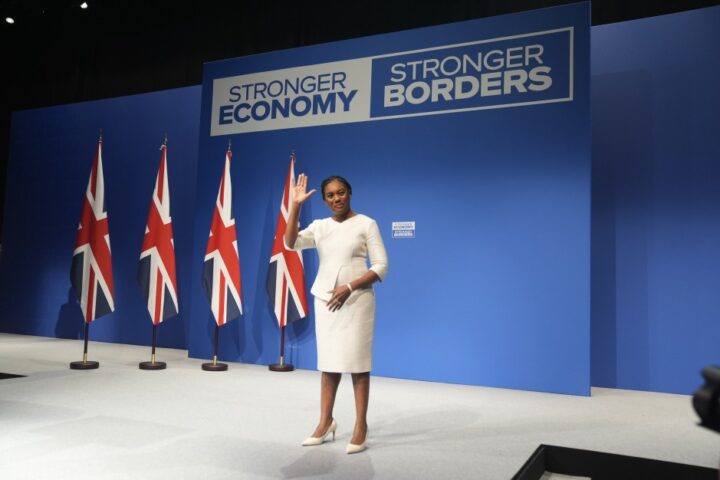At a summit in Copenhagen, Hungarian Prime Minister Viktor Orban once again aligned his rhetoric with Moscow, dismissing EU proposals to provide financial aid to Ukraine, support arms deliveries, and accelerate Kyiv’s integration into the bloc as “pro-war.” He claimed “Brussels wants war,” a statement critics see as a deliberate attempt to weaken European unity while serving Russian interests.
Hungary’s deepening economic ties with Russia
Trade figures underscore Budapest’s dependence on Moscow. In 2024, Hungary imported Russian energy and goods worth $5.53 billion, while exporting only $1.04 billion, according to Trading Economics. The trend continued in early 2025, with bilateral trade reaching $1.74 billion in the first quarter, TASS reported. Analysts at the Atlantic Council stress that Hungary has deliberately preserved its reliance on Russian energy despite viable alternatives.
A client state within the EU
Researchers describe Hungary as a “client state of the Kremlin” inside the EU, a factor that consistently undermines European decision-making. As noted in ResearchGate, Orban has blocked assistance packages for Ukraine, slowed sanctions, and challenged the principle of solidarity — moves that give Moscow time and room to maneuver. For Russian President Vladimir Putin, such obstruction from within the bloc is strategically invaluable.
Domestic politics and public opinion
Orban’s rhetoric is increasingly targeted at domestic voters. He portrays himself as a “defender of peace” while the country grapples with corruption, economic stagnation, and state-driven propaganda. Surveys indicate that 72% of Hungarians oppose sanctions if they raise energy prices, with opposition rising to 94% among supporters of his ruling Fidesz party, according to ResearchGate. Critics argue he exploits these fears, isolating Hungary from its European partners and binding it tighter to the Kremlin.
European unity versus Moscow’s Trojan horse
The EU and NATO have acted with speed and cohesion in supporting Ukraine — precisely what Putin fears most. Orban, often described as Moscow’s “Trojan horse” within Europe, has sought to fracture this unity. Yet the more openly he sides with Russia, the clearer it becomes that his position as the Kremlin’s ally inside the EU is increasingly unsustainable.
